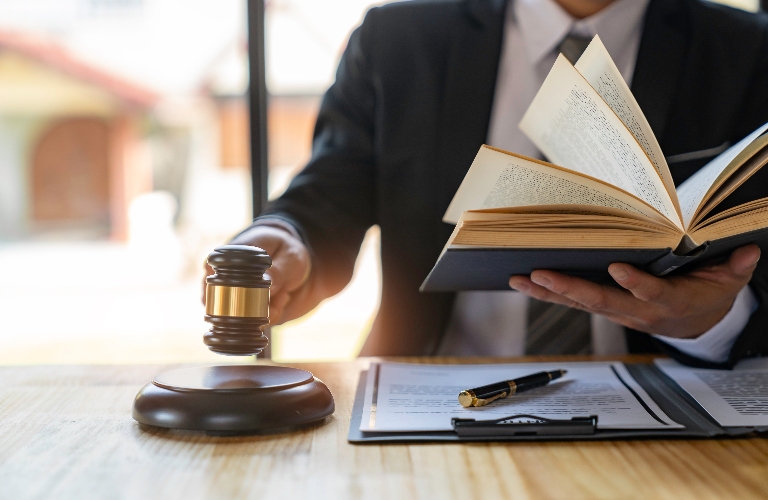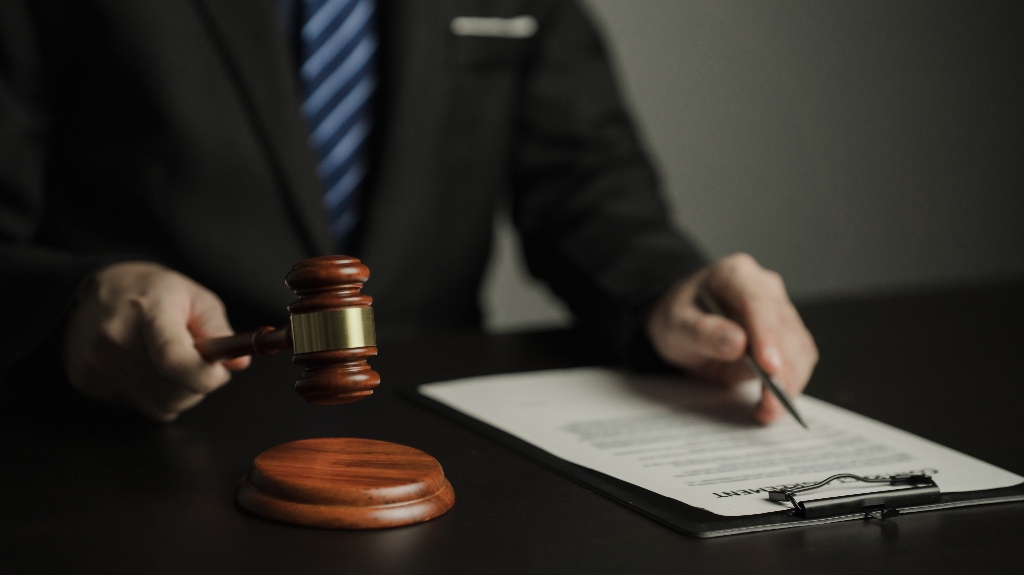What to Expect at Your Initial Court Appearance in Wisconsin
Facing your first court appearance in Wisconsin can be a little nerve-wracking. Even if your case is minor, the courthouse environment, formal procedures, and legal jargon make it feel intimidating.
However, when you know what to expect at your initial court appearance in Wisconsin, that can take a lot of the stress out of the experience. Here is what you need to know to help you navigate your initial court appearance with confidence.
What Is an Initial Appearance?
The initial court appearance is like your first check-in with the state’s legal system. If you have a criminal case, it might be called an arraignment. This is not the place to determine guilt or innocence. Instead, the judge will:
- Inform you of the charges or citation against you
- Explain your legal rights
- Set the stage for the next steps in your case
Think of this as the legal system giving you a roadmap for what you will face ahead.
When Do You Show Up?
You will get information about when to appear after you have been charged or cited. The court will send you a notice in the mail with:
- The date and time of your initial appearance
- The courthouse location
- Instructions on how to appear
You need to attend this hearing. If you miss it, that can lead to a warrant for your arrest in a criminal case, or additional fines or penalties for traffic or municipal matters.
If the date conflicts with your schedule, Wisconsin courts do allow rescheduling. However, you have to ask before the hearing, not after.
What Happens in the Courtroom?
Once you have arrived and settled in, you may have to wait. There are plenty of cases on the docket.
When your case is called, the judge will ask you to confirm your name and address and will read the charges or citation. After that, you will be reminded of your rights, including the right to an attorney. If you cannot afford one, the court can guide you on getting a public defender.
For criminal cases, you may be asked to plead “guilty,” “not guilty,” or “no contest.” Before you enter any plea, you need to think of the consequences. Make sure to always consult an attorney before pleading.
In criminal cases, the judge may address whether you are released on your own recognizance or set a bond for you. The severity of the charge and your history will all factor into whether you can get a bond.
After that, the court will set future dates for hearings, pretrial conferences, or a trial. You need to pay attention to all the deadlines and instructions.
Do You Need an Attorney?
Short answer: it is always a good idea. Even for what might seem like a minor traffic ticket or municipal citation, legal help can make a big difference. An attorney can:

- Explain your rights in plain language
- Advise you on whether pleading guilty, not guilty, or no contest makes sense
- Handle procedural steps so you do not accidentally miss a deadline
- Negotiate for reduced charges, fines, or alternative resolutions when possible
In criminal cases, the stakes are higher, and you may want to talk to a criminal defense lawyer. If you cannot afford an attorney, the court will guide you on how to request a public defender.
For traffic or ordinance cases, an attorney may not be required, but they can still save you time, stress, and potentially money.
Even if you feel confident representing yourself, a brief consultation can help you understand your options and feel more prepared.
Legal Assistance for Your Court Appearance
Now that you know what to expect at your initial hearing in Wisconsin, you can start to plan. This procedural step is there to inform you, protect your rights, and guide you through the next stages of your case. Knowing what is ahead makes the experience less intimidating.
At Melms Law, we are here to get you through every stage of the process, whether you are facing a felony, misdemeanor, or traffic ticket. Schedule a consultation today to learn how we can assist you.



